Movies News Talk
The Lincoln Lawyer (Netflix): Cast, Characters & Book Adaptations
Netflix's The Lincoln Lawyer: Meet the Cast and Uncover the Book Changes!
The Lincoln Lawyer: From Book to Screen – A Character Deep Dive
Netflix's The Lincoln Lawyer is a hit legal drama based on Michael Connelly's novels. Season 1 adapts The Brass Verdict, season 2 tackles The Fifth Witness, and season 3 dives into The Gods of Guilt. This adaptation introduces major characters from the books while also adding some new faces to this amazing show. At the core of it all? We follow Mickey Haller Jr. (Manuel Garcia-Rulfo), a criminal defense attorney who's back in business after tackling addiction. It is amazing to see that despite this backdrop; Mickey has managed to return to success!
Mickey balances many cases; those major court dramas; featuring prominent individuals involved, who happen to become involved in various scandals which lead to the courts, with that backdrop making it interesting! His life becomes extremely busy; he's managing various relationships; he’s involved in multiple legal issues involving prominent members of high society. All while trying to reconnect with his past and those complex family ties surrounding his immediate relationships.
Meet the Key Players: A Breakdown of the Main Cast
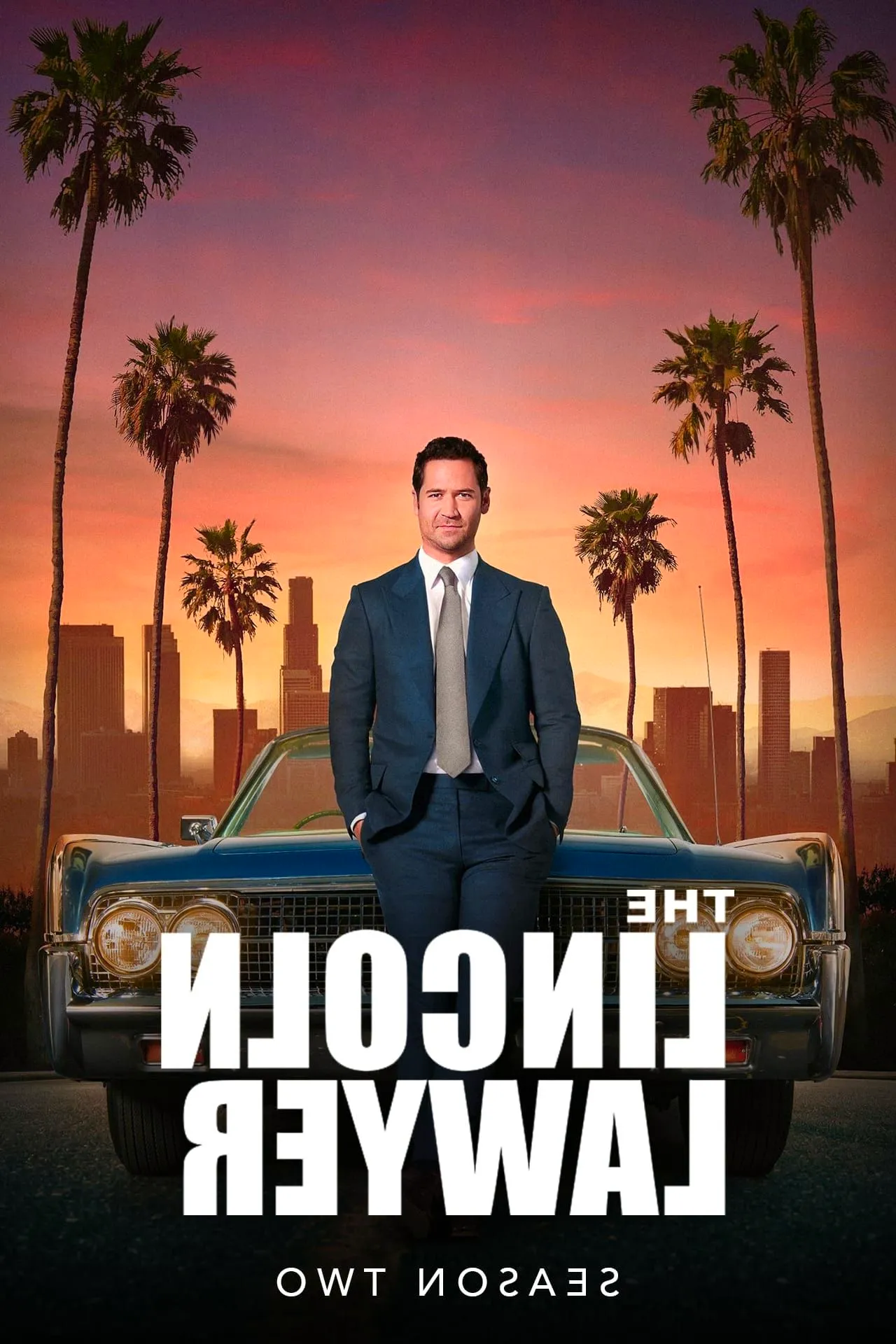
Mickey Haller (Manuel Garcia-Rulfo)
Manuel Garcia-Rulfo brings Mickey Haller to life. This LA defense attorney works mostly from his Lincoln; that makes his iconic workplace completely important! The Netflix adaptation stays fairly close to the book while enhancing that Latino heritage. Garcia-Rulfo's portrayal won an Imagen Award (for Best Actor in a Drama in 2024!), proving just how beloved his adaptation of Mickey really was.
Lorna Crane (Becki Newton)
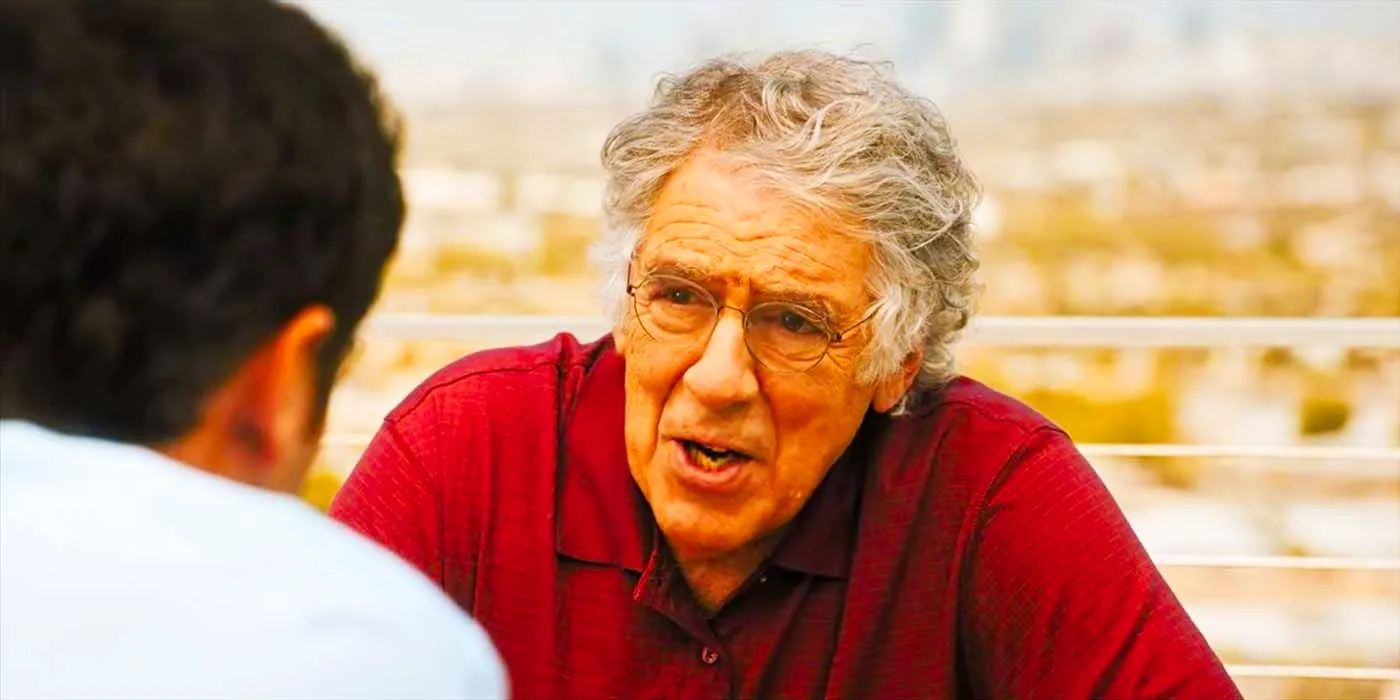
Becki Newton plays Lorna Crane (Pell James played this role in the 2011 film); Mickey’s trusty ex-wife! She keeps everything organized and runs his business from behind the scenes; managing those crazy court and outside communications! That faithful adaptation shows why The Brass Verdict, with Lorna, was really effective. The books only featured Lorna as a voice. This changed! We get to really, really appreciate her role. A surprisingly critical change!
Dennis "Cisco" Wojciechowski (Angus Sampson)
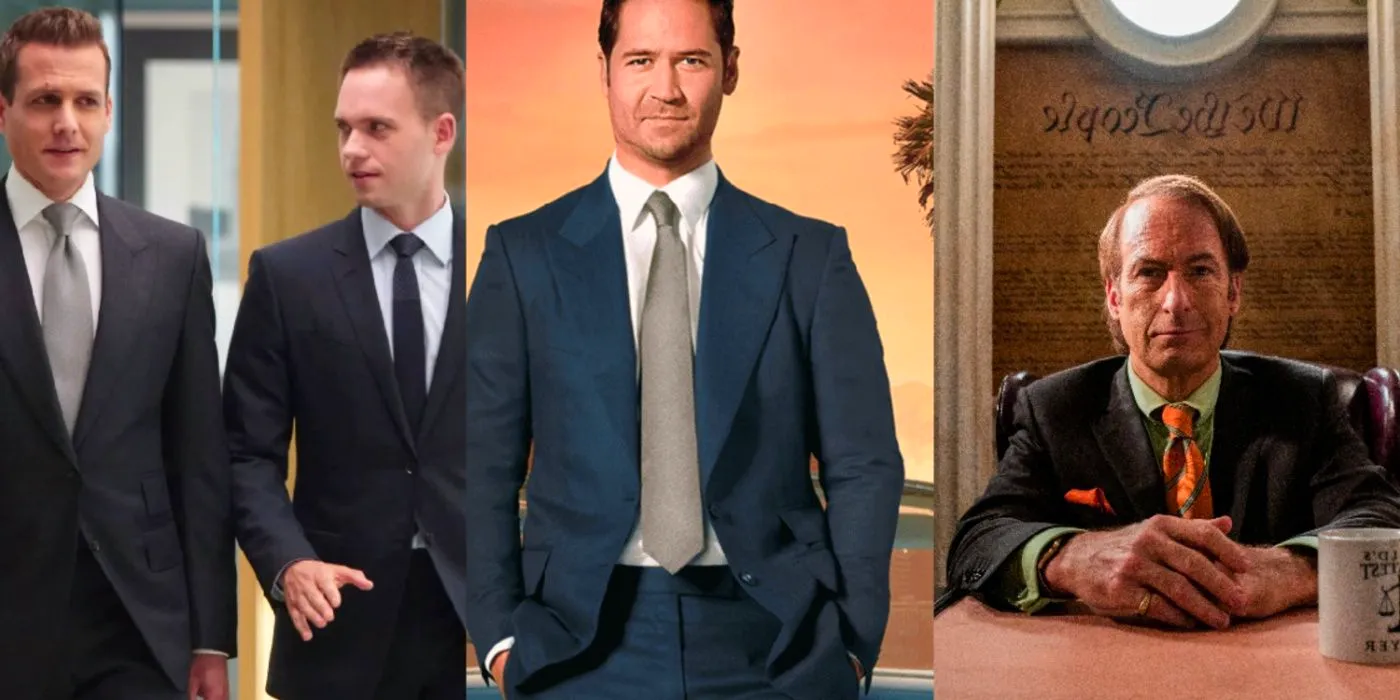
This character only shows up in the Netflix adaptation and there is absolutely nothing quite like this kind of creative adaptation! A reformed Road Saint; Cisco's (played by Angus Sampson) experience as an ex-gang member gives his work as a PI a new unique spin; demonstrating another approach toward introducing and designing criminals, as those backgrounds might otherwise never be explained so effectively in a courtroom.
Andrea "Andy" Freeman (Yaya DaCosta)
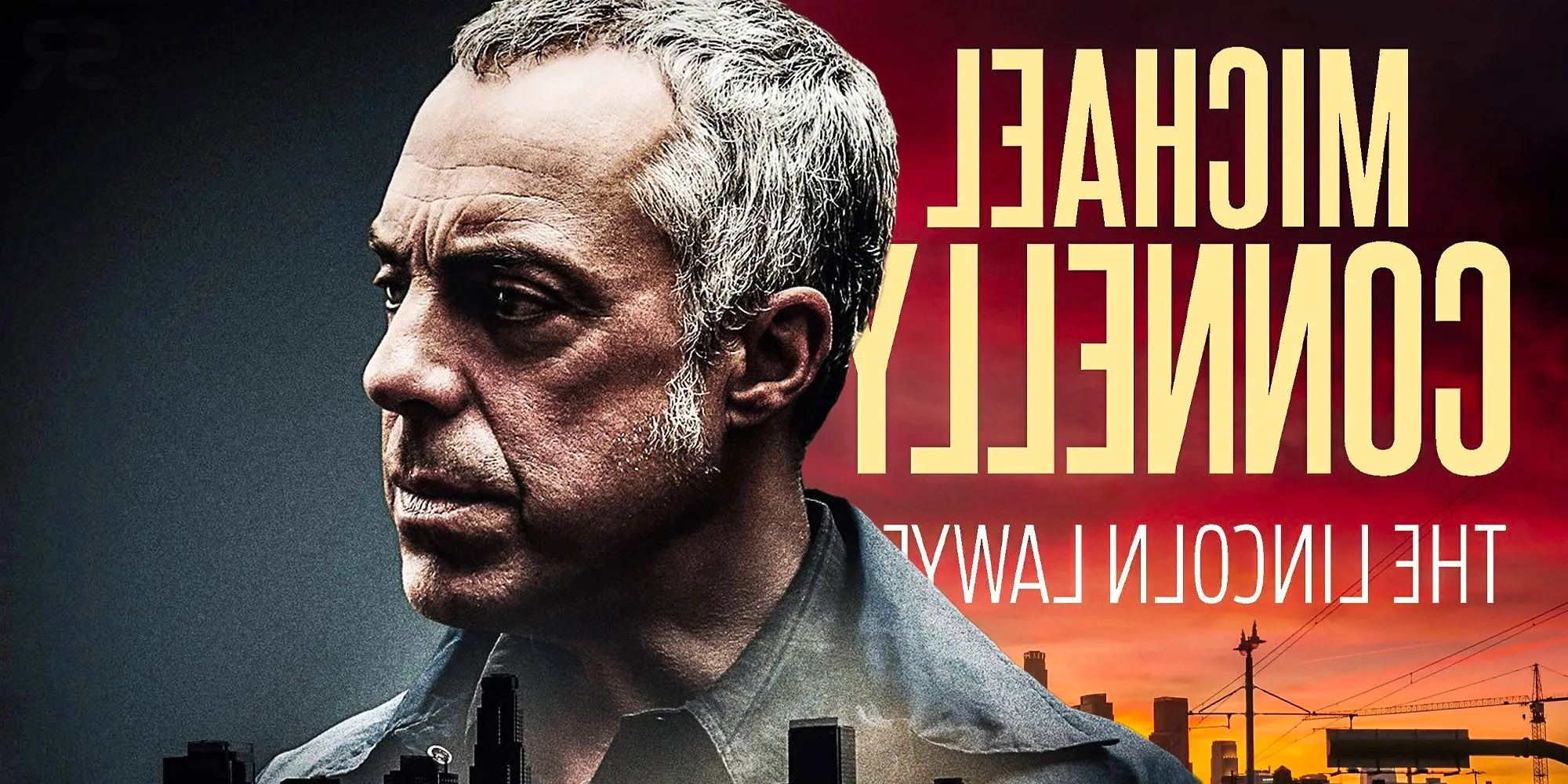
Yaya Dacosta plays Andy Freeman in seasons 2 and 3. This ambitious prosecutor battles Mickey in court yet shows incredible humanity. She even develops an unexpected connection to Maggie McPherson. Those complex relationships showcase some amazing acting talent; portraying different characters that don't need additional over-the-top drama.
Izzy Letts (Jazz Raycole)
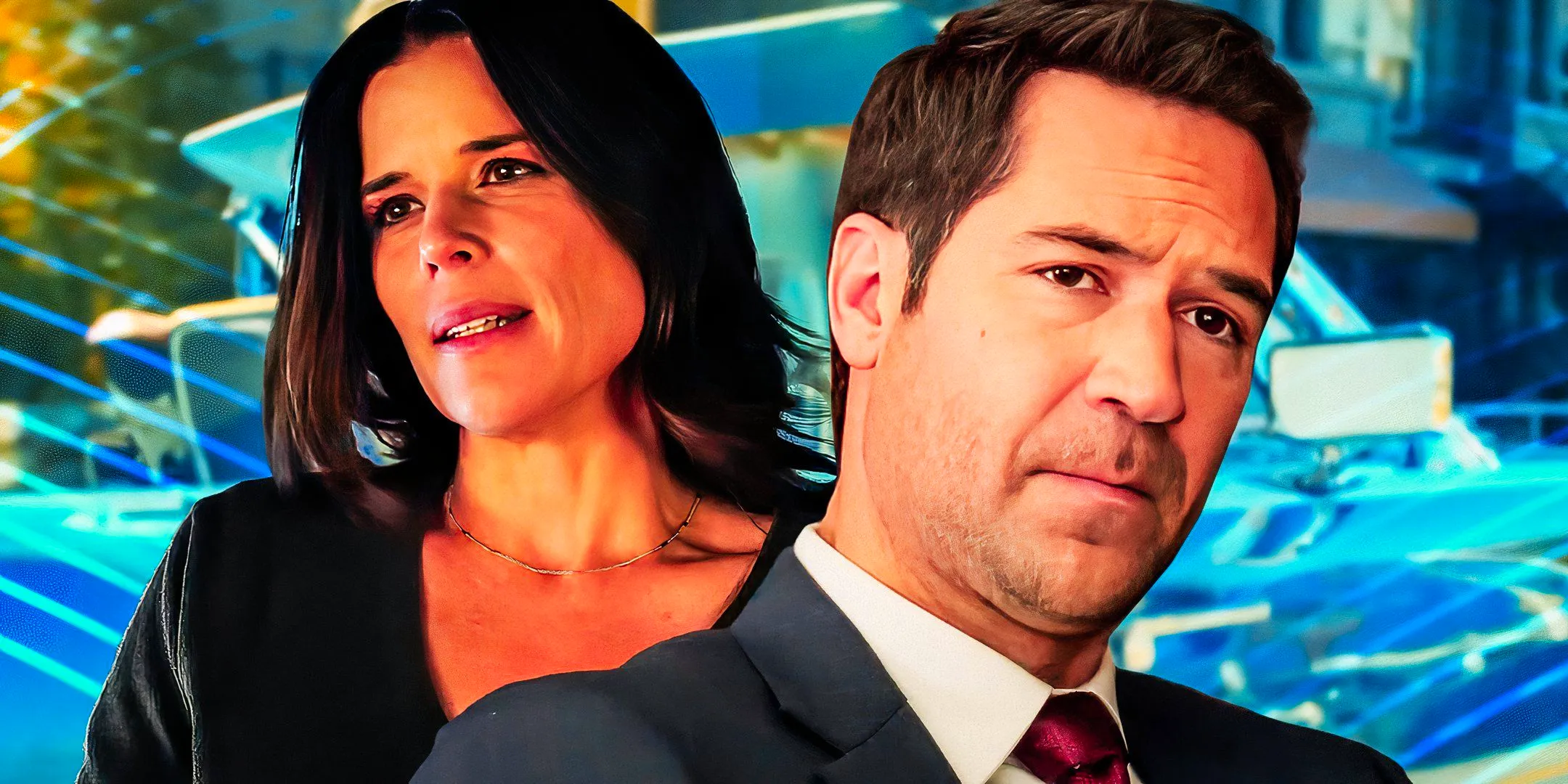
A Netflix addition! Izzy Letts (played by Jazz Raycole) is both a recovering addict and driver for Mickey; demonstrating those complex interactions between people trying to escape serious conditions.
Supporting Cast: More Familiar Faces and New Additions

The supporting cast really adds incredible value to those storylines found within The Lincoln Lawyer! The Characters include both new and old faces to enrich this world and make the characters much more relatable; especially involving complex inter-character relationships. They really build this immersive, detailed storyline!
- Neve Campbell as Maggie McPherson (Mickey's ex-wife). The acting here is especially critical, showing what happened to an initial relationship with significant lasting impact on both character's lives and these complexities remain an integral part of the storyline, despite various dramatic changes. She plays a tough prosecutor
- Lana Parrilla as Lisa Trammel (a client and source of intense courtroom drama).
- Ntare Guma Mbaho Mwine as Detective Raymond Griggs (this amazing character replaces Harry Bosch).
- Elliot Gould as Devin Jones (a new character).
- Krista Warner as Hayley Haller (Mickey and Maggie's daughter).
- Jamie McShane as Detective Lee Lankford (an opponent turned somewhat unlikely ally for Mickey).
- David Clayton Rogers as Russell Lawson (a new client who creates an unexpected conflict in a case).
- Fiona Rene as Gloria Dayton (a witness).
- Douglas Bennett as Kaz (an unexpected character that adds a significant arc).
- Matt Angel as Henry Dahl (another addition who complicates the storytelling).
- Michael Graziadei as Jeff Golantz (a crucial prosecutor)
- Christopher Gorham as Trevor Elliott (a client involved in major criminal proceedings).
- Chris Browning as Teddy Vogul (the criminal element which brings complications).
- Saul Huezo as Jesus Menendez.
- Jon Tenney as Mickey Haller Sr. (seen only in flashbacks)
Conclusion: A Blend of Familiar and Fresh for a Thrilling Legal Drama!

The Lincoln Lawyer successfully blends faithful book adaptations with brilliant creative expansions. The addition of Izzy Letts and others demonstrates a bold step to refresh existing themes and give more prominence and space for those previously under-represented voices and Characters. This unique approach maintains that core appeal, introducing a diverse cast and highlighting unexpected new conflicts that build upon those key plot lines!
The superb acting talent further enriches these elements; providing a high quality courtroom drama that will likely keep those legal fans highly entertained. That mixture of new and familiar makes for those surprises while also maintaining the compelling drama fans love, while enriching the experience! These changes also raise some very intriguing and necessary questions that can lead toward better critical conversations. The changes do generate more questions – does this mean those plots and characters’ histories, motivations and character details were important? Or might this actually even suggest a completely re-imagining of that original source material entirely, providing greater relevance toward an entire generation of audiences.
- Knuckles' Emotional Journey: Sonic Annual 2024 Gives Closure!
- NCIS: Origins - Austin Stowell as Young Gibbs: Casting Secrets Revealed!
Related Articles
- Knuckles' Emotional Journey: Sonic Annual 2024 Gives Closure!
- Brett Goldstein Joins Shrinking Season 2: Co-Creator, Producer, AND Star!
- Absolute Batman #1: Martha Wayne's Shocking Survival Redefines Batman's Origin
- Cyclops' Transformation: Will He Become the Next Magneto?
- NCIS: Origins - Uncovers Gibbs' Past & Darkest Hour
- D&D 2024: High-Level Encounters Get a Difficulty Overhaul!
- Omega Red's Power Explained: Marvel Reveals the Science Behind His Life Force!
- Top 10 Funniest Far Side Dolphin & Whale Comics - Gary Larson's Hilarious Marine Mayhem!
- Peaky Blinders Movie Cast: Returning & New Characters Revealed!
- Miles Morales' Daughter is Black Cat?! Spider-Man: Reign 2 #4 Shocking Twist!
- Massive Childcare Costs Force Welsh Family to Consider Moving to ENGLAND! Is This the Breaking Point?
- Jinger Duggar EXPOSES 19 Kids and Counting Editing Lies! Reality TV SHOCKER! Behind-the-Scenes Secrets Revealed!
- BEST Daytime Talk Show Halloween Costumes 2024: Kelly Ripa, Drew Barrymore, & MORE! See the Pics!
- Watch 'It's The Great Pumpkin, Charlie Brown!' This Halloween: Stream FREE on Apple TV+!
- Kelly Stafford's SHOCKING Taylor Swift Confession! From Jealousy to Eras Tour Fan Girl: The Full Story!
- Primus Drummer QUITS! Tim Alexander's SHOCKING Exit Explained: Health Crisis, Band Feud?
- MUST-SEE TV Shows of 2025! Euphoria, Daredevil, Stranger Things & More! Release Dates & HUGE Updates!
- Love Is Blind Reunion EXPLOSION! Shocking Secrets Revealed! Tyler's Kids, Stephen's Texts & MORE Drama!
- Melissa Gilbert's SHOCKING Revelation About Michael Landon! Little House, Child Stardom & Family Drama!
- Amazon's Tomb Raider: Sophie Turner or Lucy Boynton as Lara Croft?! Exclusive Casting News!